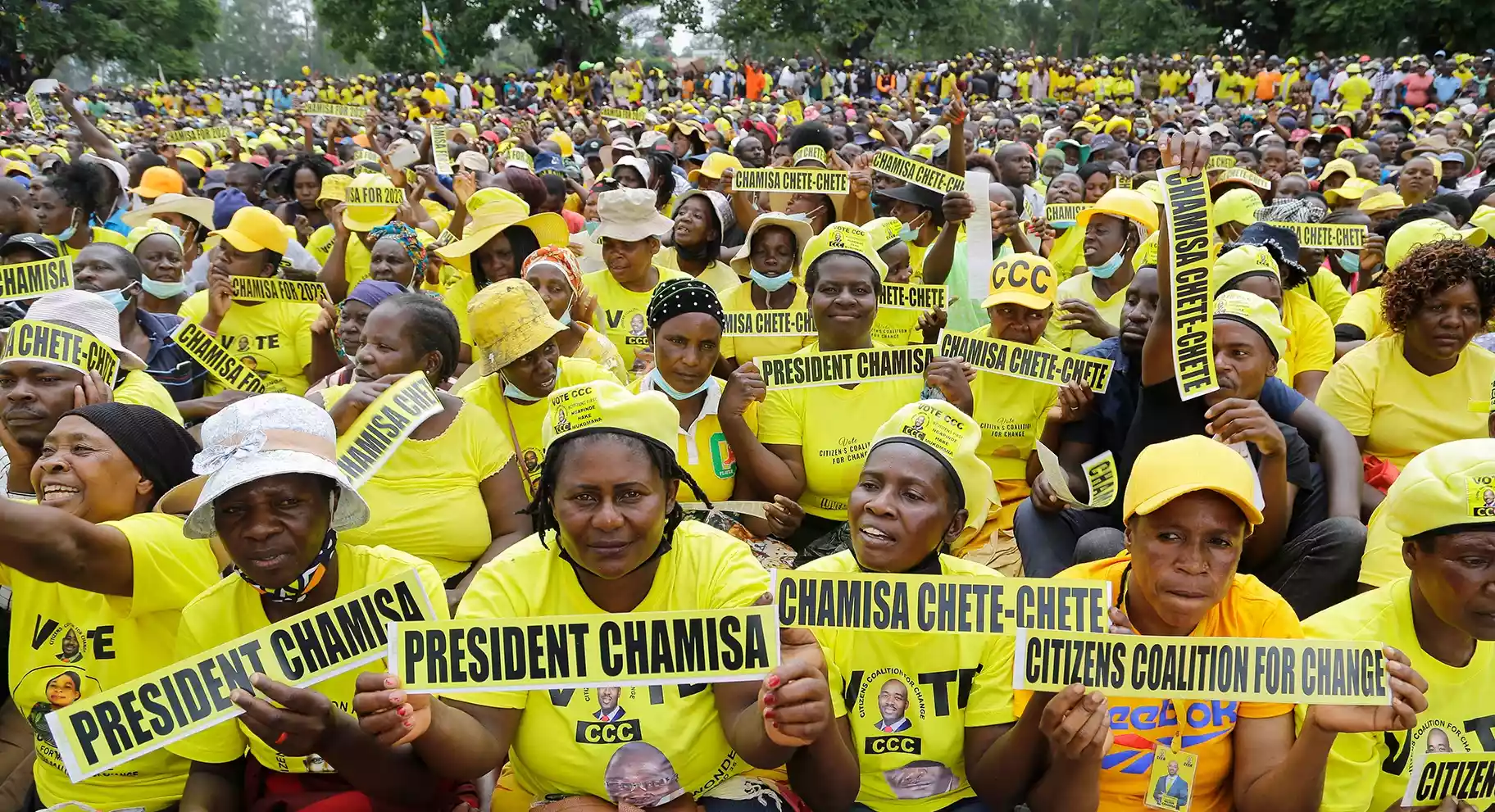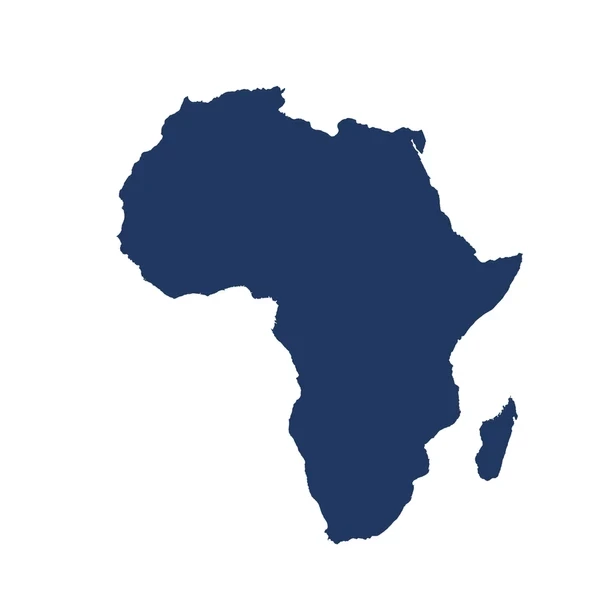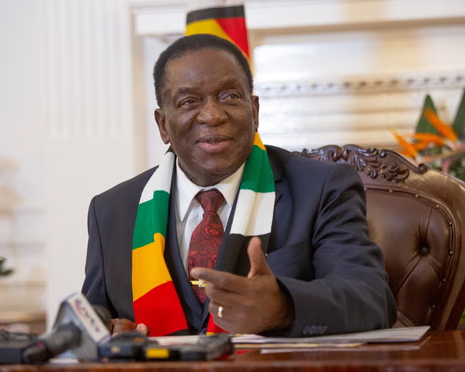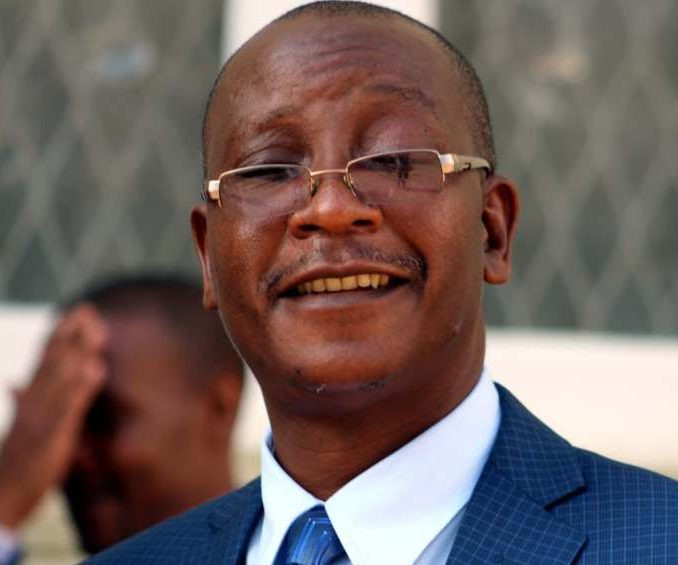
In 2001, something similar to what has just been unfolding in Zimbabwe happened in the Caribbean nation called Trinidad and Tobago.
One of the political parties there approached the country’s electoral body with two different slates of candidates on the eve of an election.
That was because there were fierce power struggles—the type we typically call factionalism here—within the party.
Now, the two-slate fiasco caused a splitting headache for the electoral commission and it was at sixes and sevens on what to do.
The party, in its own space, did not have clear rules on how to handle such a contestation. Primarily because it didn’t have a constitution.
The matter of who must represent the party was finally taken to the courts and resolved there.
But the whole issue nudged robust debate on the need to regulate political parties in that country. More, precisely, to ensure registration of parties so that they would statutorily conduct themselves in a predictable and clear manner based on their own constitutions, which would come with registration.
Here in Zimbabwe, we have several statutes—among them the Electoral Act and the Political Parties (Finance) Act—that directly and indirectly regulate political party processes and conduct.
- Chamisa party defiant after ban
- Village Rhapsody: How Zimbabwe can improve governance
- News in depth: Partisan police force persecutes opposition, shields Zanu PF rogue elements
- Chamisa chilling death threat bishop defiant
Keep Reading
However, quite disturbingly, there is no law that bears on political parties to register.
In the UK—if you were to qualify that as an established democracy, never mind that the country doesn’t have a codified constitution of its own —the electoral commission obligates major political parties to register with it.
A British party must give the commission an acceptable written constitution that sets out the structures and rules of the organisation.
Strangely, though, the British electoral agency doesn’t force small parties to have a constitution.
In Africa, a good number of countries have constitutions that obligate political parties to register with the respective electoral commissions, among them Nigeria, Ghana, Kenya, Liberia, Burundi and Sierra Leone.
That’s not the case with Zimbabwe, though.
The constitution is silent on political party registration and, no surprise, there is no law that puts a burden on political parties to register.
Yes, there has been some jaw-jawing around the issue, but hardly anything beyond the lazy talk.
It’s not clear what the Citizens Coalition for Change (CCC) thinks about mandatory registration of political parties and, therefore, the need for them to have written constitutions, given the fact that the organisation has this weird attitude of seeing itself not as a political party but a strategically ambiguous something.
Whatever you are going to think and say, it’s abundantly obvious that, given what has been happening with the party of late, CCC would immensely benefit from statutory registration of the organisation as a political party.
Registration of which, as already said, comes with the necessity of a party constitution.
Here is the thing.
A political party constitution is necessary to ensure that the party has rules, regulations and structures.
If a party has structures, it is highly likely to have the necessary infrastructure, be it ideological, physical or legal.
The rules, regulations, structures and the attending infrastructure enhance discipline, strategy, vision and efficiency of a party, depending on the levels of constitutionalism within the party.
The CCC has neither a constitution nor structures, so bona fide statutory registration would have helped it have them.
A party that doesn’t have a constitution and structures is unlikely to have an effective strategy, discipline, efficiency or a good vision. Not only does CCC consider itself not a party. It doesn’t have a constitution or structures.
Given that it doesn’t have these, it was always going to be a long hurl for the “movement” to have an effective strategy, discipline, efficiency or a good vision—outside the structure-less dream of removing the hugely useless and rickety Zanu PF outfit.
You are going to easily believe this if you look at the fiasco that came with the party’s nomination shenanigans.
There is the issue of double candidates, then that of the late submission of nominations.
Double candidates first.
Late this week, the courts dismissed an application by CCC to have the courts dismiss the nomination of 17 candidates that it was alleging had forged signatures of designated “movement” representatives during nomination.
The courts said there was nothing to show that the signatures were forged.
The CCC could be partly right that the CIO-linked Forever Associates of Zimbabwe Trust (Faz) had helped double candidates.
But what you can’t escape is that the majority, if not all, of the candidates that filed their nomination papers across the country as parallel representatives of the “movement” were, actually, disgruntled CCC members.
In fact, the number of those that would have filed parallel papers was going to be higher if some of them did not decide to withdraw for one reason or another.
Then the “Bulawayo 12”. Again, the courts this past week ruled in favour of applications by some Zanu PF sympathisers who wanted the 12 CCC parliamentary candidates in the city struck off the ballot papers for filing their papers late.
That means, for the first time since 2000 when the then MDC started contesting against Zanu PF, the second capital will be won by the ruling party by default.
Not only that. Six senators, six proportional representation candidates and one youth quota candidate from CCC will be affected.
means a total 25 CCC parliamentary candidates will lose out.
Yes, the “movement” has indicated it will challenge the High Court ruling at a higher court.
The chances are as slim as they come, of course.
The higher court will be manned by judges who got almost half a million good dollars in mysterious loans each recently.
They have farms, fat salaries and other juicy perks on a Zanu PF tether.
Even if the higher court application is strong enough, those wigged chaps will simply reserve judgement.
But let’s not lose sight of the drift. Inefficiency, miscalculation, plain naiveté, authoritarianism, fraud and self-centredness played a big role in bringing the CCC into the mess that it is currently swimming in. In the process, they fed the crocodile that is pursuing them.
There is no doubt that the lack of a constitution and proper institutional structures and the attending infrastructure has brought the crows home to roost for CCC.
If it had had a constitution with rules and regulations, it would have had sufficient mechanisms to deal with its internal contestations and quarrels.
It would have been able to swiftly and decisively with the rebels, who chose to lodge parallel papers.
But because it didn’t have these, it became the buck that walked straight into the alligator’s mouth to escape the noise in its own home.
Because it lacks internal mechanisms to deal with its own contradictions, CCC had to go to the courts.
That’s as funny as it is tragic. CCC fully knows who pays the judicial piper, so it’s not clear what is was expecting.
That, of course, is not to take away the reality that CCC had been shoddy with its pre-nomination processes. Its own primary elections had been chaotic.
Nelson Chamisa, whatever his position in the party, contributed to that.
He was directly involved in the imposition of some candidates and in the elbowing out of others.
Even if there were cases where he didn’t directly impose candidates, the buck stops, on its way to the alligator’s mouth, by his door.
There is nothing new about Chamisa in that regard. In 2013, he was the MDC-T national organiser.
He went about stuffing the party registers with his own people, in a pretty violent way.
He was looking at the future, because he was already planning to take over from Morgan Tsvangirai.
But Tsvangirai got wind of this, and that’s why, at the party’s 2014 congress, he pulled the strings from behind the curtains to ensure Douglas Mwonzora beat him to the secretary general’s post.
Clearly, Chamisa has been taking advantage of the fact that the “movement” doesn’t have rules, so everything has been centred on him.
Let’s take the case of Luke Tamborinyoka as a telling anecdote.
A journalist turned politician, Luke was hoping to represent Goromonzi West.
According to him in a letter he wrote to the constituency close to three weeks ago, Luke had won the chance to be the parliamentary candidate from CCC supporters.
But, mysteriously, he was forced out in favour of Tinei Munetsi, an apostolic church prophet from the same constituency.
If he had chosen, he could have run either as an independent or, more pragmatically, as a parallel candidate, but he didn’t.
And there is something particularly telling in what Luke says in his letter.
The decision to push him out came right on nomination day!
This becomes relevant for the “Bulawayo 12”case.
It shows that the party was always rushing against time.
It’s not surprising, therefore, that we then got to hear that 12 full CCC candidates had failed to lodge their nomination papers on time.
When you consider all the avoidable mistakes that Chamisa is making, you get tempted to conclude that the chap is not exactly budgeting to take over after the August elections.
Instead, it would seem, he is just out on a phishing mission for now so that he can grow up and start being serious from the next elections in 2028.
*Tawanda Majoni writes in his personal capacity and can be contacted on majonitt@gmail.com










